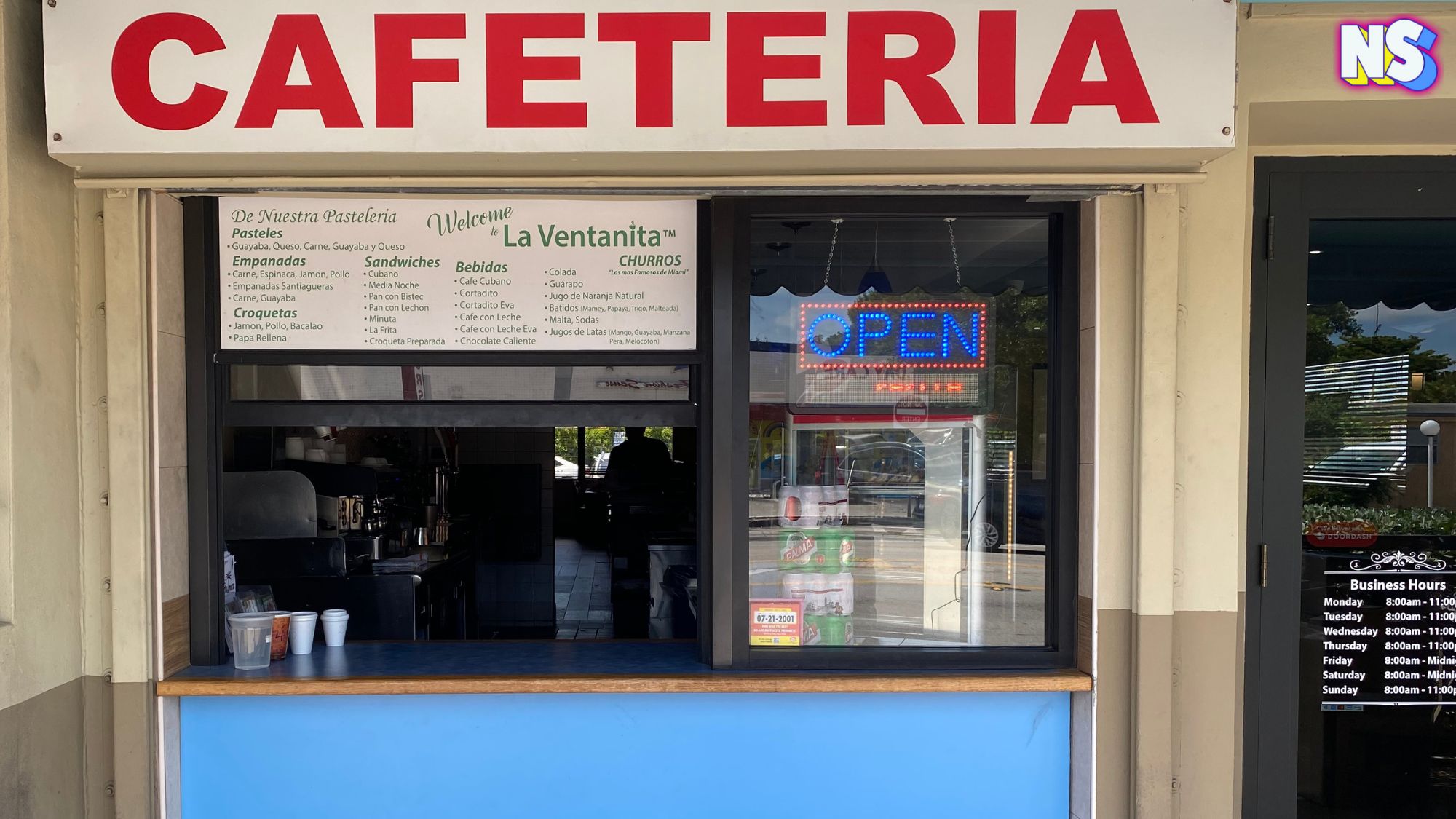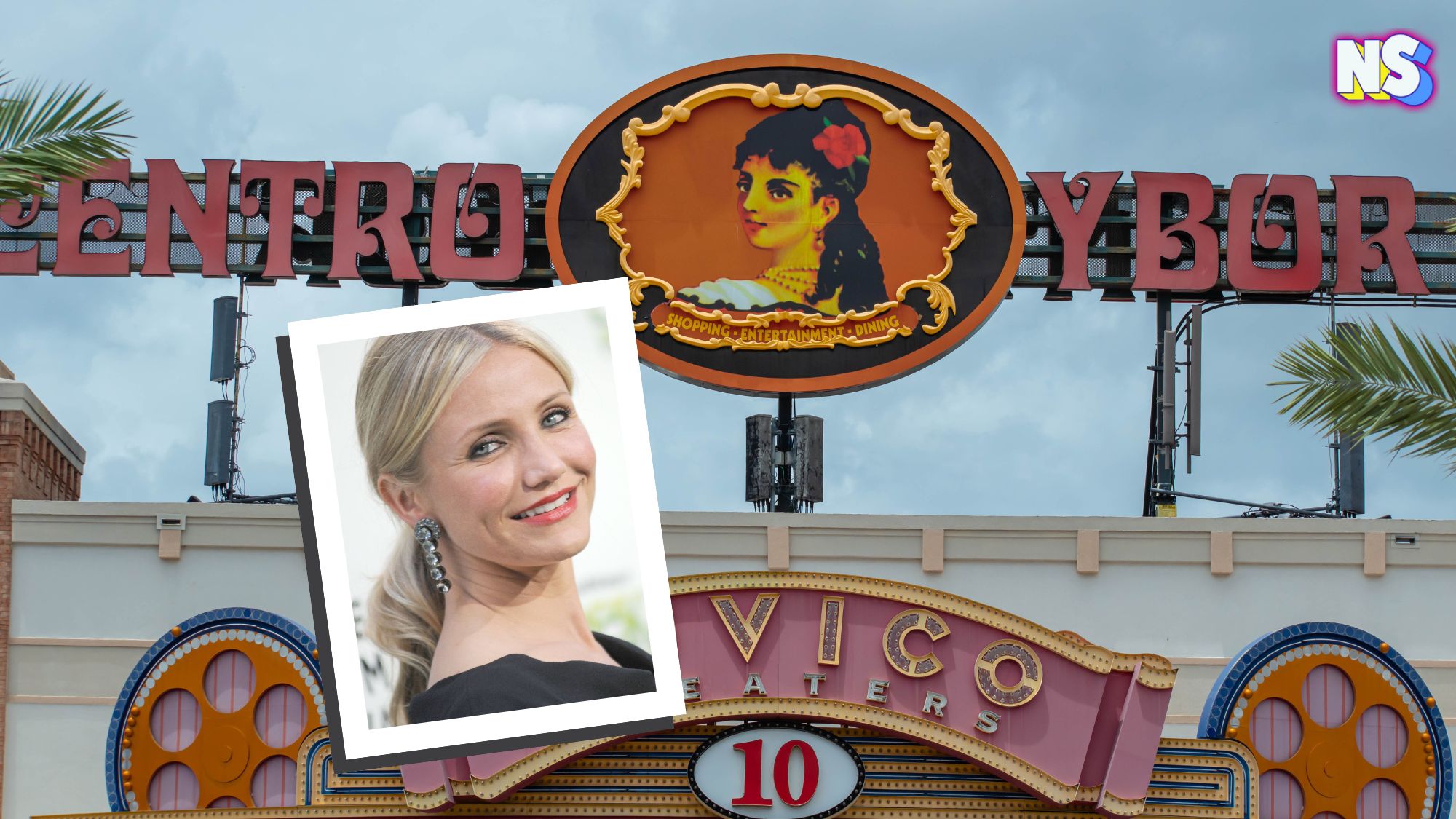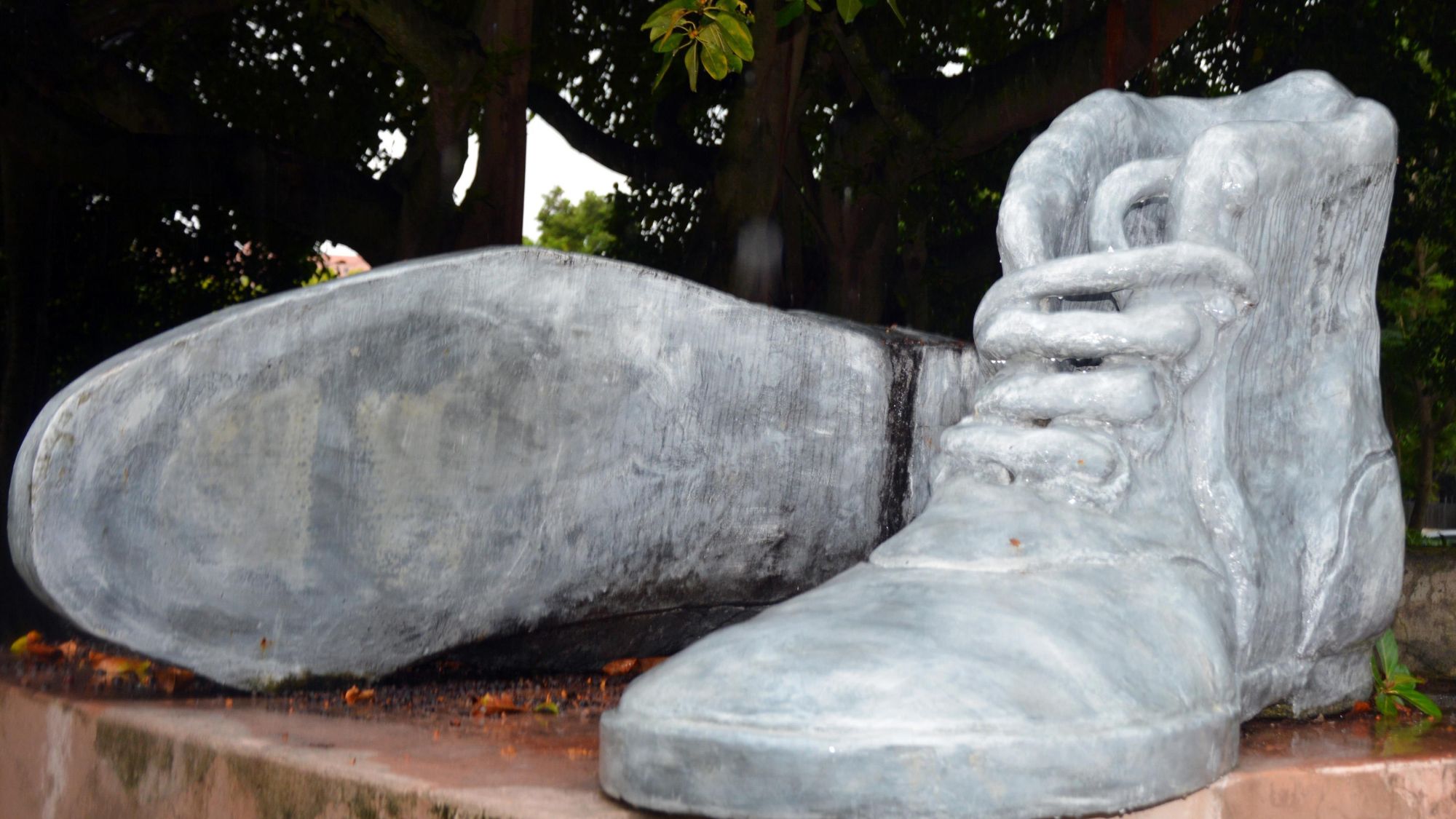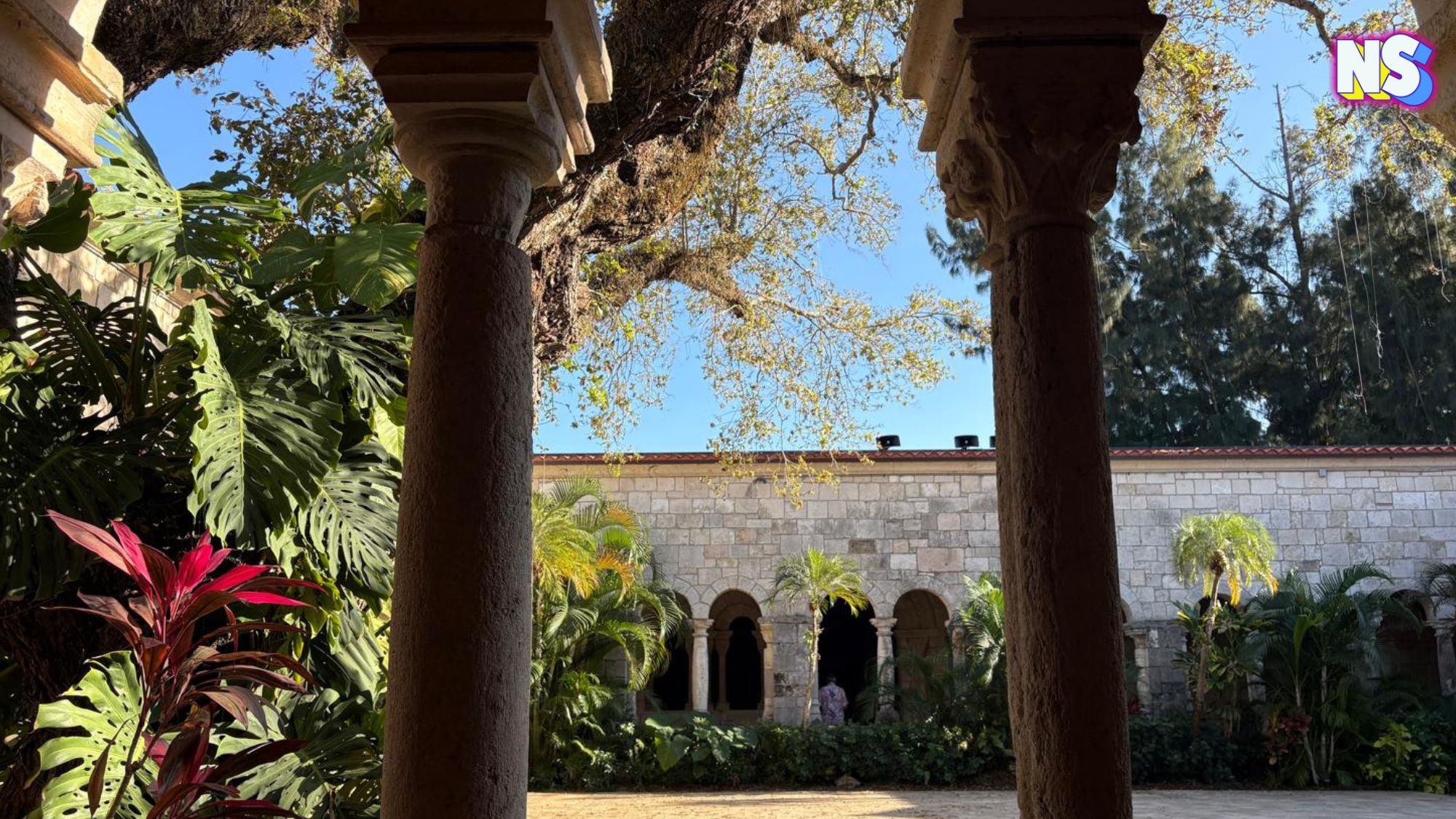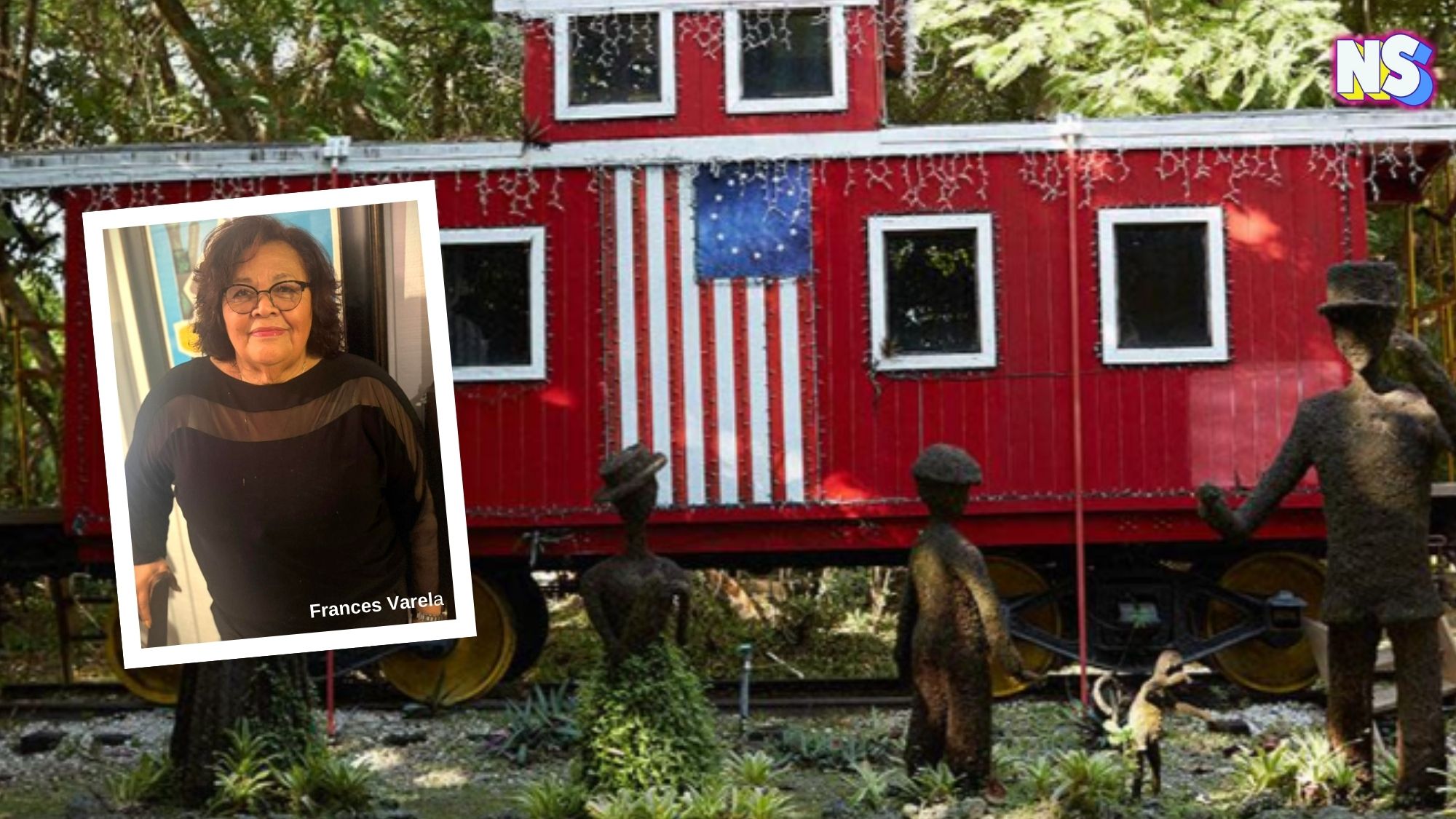Around 2 pm on an average workday in Miami, an announcement is made: “Who wants cafe Cubano?” That means someone’s running out to pick up the “cortadito,” or cuban coffee in a small to-go cup, with mini plastic cups, to nourish the office. But where does this standard afternoon “pick me up” come from? The answer lies in Miami‘s ventanitas, those unassuming little windows that dot the city’s streets.
What Are Miami’s Ventanitas?
The “little windows” — aka ventanitas — are scattered all over the 305. They serve more than just coffee. They’re quick-service storefronts offering everything from Cuban coffee to crunchy pastelitos to croquetas and Materva. These impressive portals are where Miami’s locals get together seven days a week, at all hours of the day and night.
“Ventanitas are a ‘microcosm of the city,’” Local photographer Gesi Schilling tells the national news outlet Axios. “They are representative of the city they’re more important than anyone has ever given them credit for.”
There’s even a coffee table book, “Ventanitas: A Window Into Miami’s Coffee Culture,” featuring Schilling’s photography, in collaboration with O, Miami, a nonprofit, and author Daniela Perez Miron.
As for the ventanitas origin story, well, that’s a tale of necessity, innovation, and community.
The Birth of Miami’s Ventanitas
In the early 1960s, Cuban businessman Felipe Valls Sr. arrived in Miami, fleeing Fidel Castro’s revolution. He opened a coffee stand — a ventanita — outside El Oso Blanco market in Little Havana.
The market, eager to embrace air conditioning, sought Valls’s expertise in remodeling. But there was a twist: they needed a commercial espresso machine, a rarity in the U.S. at the time.
“In Miami, we had a problem. To open the coffee maker outward, we needed to cut the glass. To solve that, I took a ‘single hung’ small window, and what I did was take out the bottom frame of the window,” Valls Sr. told the Miami Herald. “… That’s how the first ventanitas opened in Miami.”
Where Are They Now?
Ventanitas continue to thrive across Miami. From Valls’s world-famous Versailles Restaurant to neighborhood bakeries and cafes, these windows serve as gathering spots for locals, tourists, and late-night revelers.
“You simply walk right up and order your Cuban coffee, or your cafe Cubano. In many places, it’s a social gathering, and you’ll see many of them around Miami,” CBS Miami explains.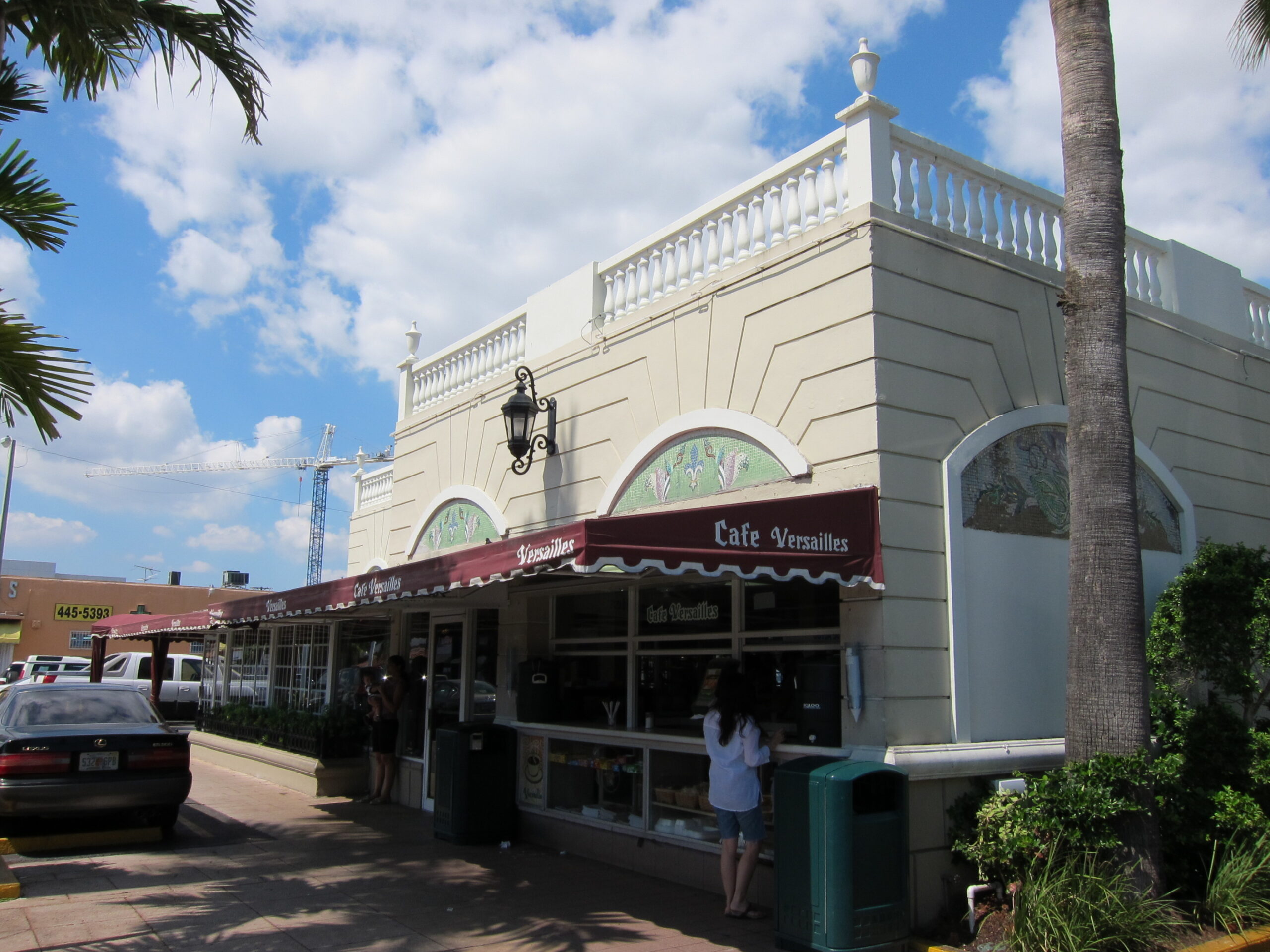
Their Purpose in Miami
Ventanitas symbolize Miami’s fusion of Cuban heritage and modernity.
“It’s really is the cornerstone of being social here in Miami,” a ventanita customer tells Culture Trip.
Whether you’re discussing politics, or simply enjoying a pastelito, ventanitas foster community and keep traditions alive.
“Now there are over 1,000 of these ventanitas in Miami and it’s all thanks to Felipe Valls, a man with a vision,” CBS explains.
What Can You Buy?
At a ventanita, order these 5 items like a local:
- Cafecito: A shot of strong, sweet Cuban coffee.
- Pastelitos: Flaky pastries usually filled with either guava, cream cheese, or meat.
- Croquetas: Crispy, savory ham, fish, or chicken croquettes.
- Cigars: A nod to Cuba, even though none of the cigars come from there.
- Soda: Materva, Jupina, and Ironbeer are some Cuban sodas always on hand.

